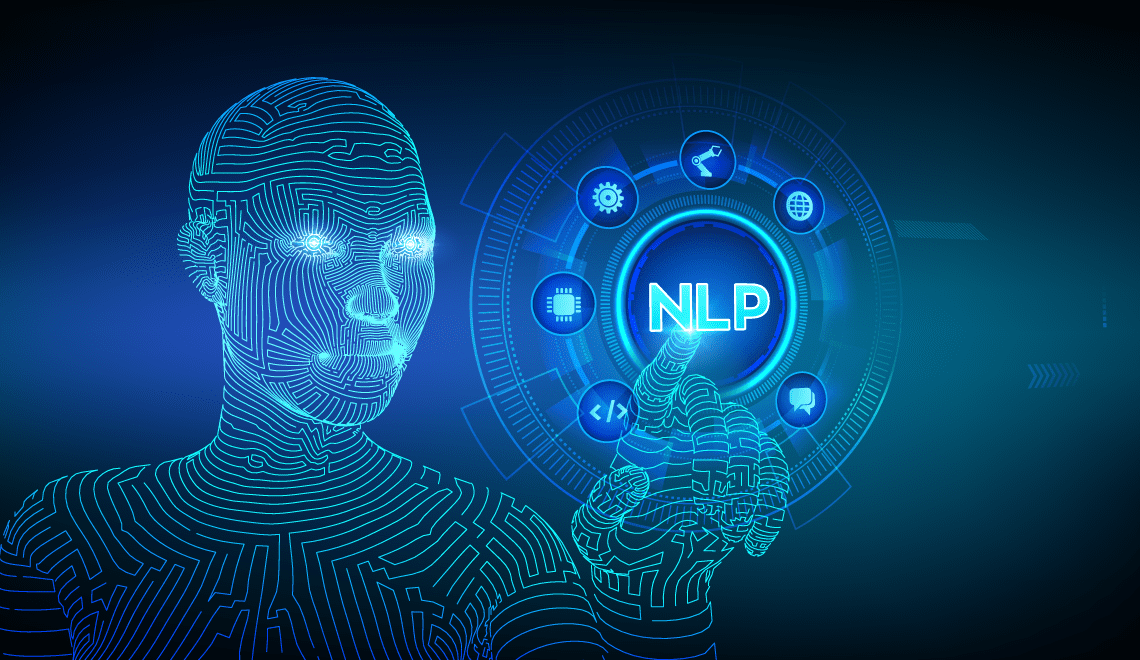The digital landscape is evolving at an unprecedented pace, and at the heart of this transformation lies Generative AI (GenAI). No longer a futuristic concept, GenAI is fundamentally reshaping how custom software is imagined, designed, built, and optimized. This revolution promises to unlock new levels of efficiency, personalization, and innovation, offering immense opportunities for businesses and the custom software development companies in Dubai that serve them.
Beyond Automation: A New Paradigm for Software Creation
Traditionally, custom software development has been a labor-intensive process, reliant on human developers for every line of code, every design decision, and every testing phase. While automation has played a role, GenAI takes this a significant leap further. It’s not just about automating repetitive tasks; it’s about intelligent content generation.
GenAI algorithms, trained on vast datasets, can now:
- Generate code snippets and entire modules: From basic functions to complex integrations, GenAI can intelligently suggest and write code, dramatically accelerating the development phase. This frees up developers to focus on higher-level problem-solving and architectural design.
- Automate UI/UX design: GenAI can analyze user data and trends to generate intuitive and engaging user interfaces and experiences, tailored to specific user needs and preferences. This allows for rapid prototyping and quicker iteration based on real-world feedback.
- Streamline testing and bug identification: GenAI can analyze code for potential vulnerabilities, suggest test cases, and even predict and identify bugs before they occur, leading to higher-quality and more robust software.
- Assist in documentation and maintenance: GenAI can automatically generate comprehensive documentation and even provide guidance for maintaining and upgrading existing codebases.
The Impact on the Software Development Lifecycle (SDLC)
Generative AI is not just impacting isolated stages of the SDLC; it’s creating a ripple effect across the entire process:
- Accelerated Prototyping and MVP Development: Ideas can go from concept to a working prototype in a fraction of the time, allowing businesses to test market viability faster and iterate with agility.
- Enhanced Code Quality and Consistency: With AI-assisted coding tools, developers can produce cleaner, more efficient, and more secure code, reducing technical debt and improving overall software reliability.
- Unprecedented Personalization: GenAI can analyze user data to create truly tailored experiences, from dynamic interfaces to predictive features, significantly boosting user engagement and satisfaction.
- Redefined Collaboration: Rather than replacing human expertise, GenAI acts as a powerful co-pilot, augmenting development teams and allowing them to focus on strategic innovation while offloading repetitive tasks to AI.
Why This Matters for Businesses in Dubai
Dubai, a global hub for innovation and business, is witnessing a surge in demand for bespoke software solutions. Businesses across various sectors – from finance and healthcare to logistics and real estate – are seeking custom software to gain a competitive edge and drive digital transformation.
For any software development company in Dubai, embracing Generative AI is no longer an option but a necessity. The top software development companies in Dubai are already integrating GenAI into their workflows to deliver:
- Faster Time-to-Market: Businesses can launch new products and services more quickly, responding to market demands with agility.
- Cost-Effectiveness: Automation and increased efficiency lead to reduced development costs, making custom software more accessible.
- Superior Quality: AI-driven insights and automated testing result in more reliable, secure, and performant applications.
- Hyper-Personalized Solutions: The ability to craft software that precisely meets unique business requirements and user preferences.
The emergence of Generative AI also presents a unique opportunity for custom software development companies in Dubai to solidify their positions as industry leaders. By leveraging GenAI’s capabilities, they can offer cutting-edge solutions that were previously unimaginable, further cementing Dubai’s reputation as a tech-forward economy.
The Future of Custom Software: An AI-First Approach
As Generative AI continues to advance, we can anticipate an “AI-first” development model where software evolves dynamically based on AI-driven learning. This will lead to even more adaptive and intelligent custom applications. Businesses that embrace this technological revolution will not only accelerate their digital transformation but also position themselves at the forefront of innovation.
The future of custom software development is here, and it’s powered by Generative AI. For businesses in Dubai seeking to unlock new possibilities, partnering with a best software development company in Dubai that is proficient in leveraging GenAI will be key to navigating this exciting new era.




